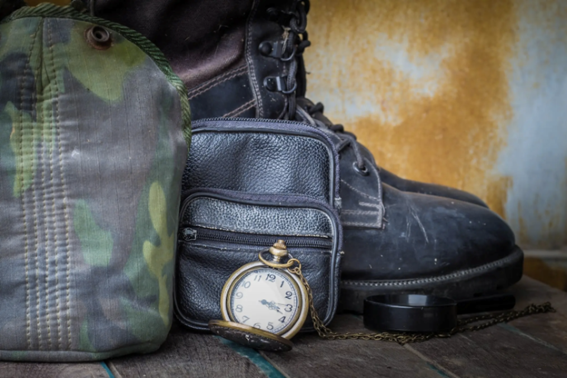TSGLI Benefits: How Do They Work?

The military provides short-term financial assistance coverage known as TSGLI (Traumatic Injury Protection). The purpose of these benefits is to aid military personnel who suffered severe injuries while on duty and help them recover fast.
Benefits from TSGLI assist the injured and cover any additional expenses they may have while recovering or compensate for the cost of a permanent disability. Qualified service personnel can get short-term financial support from SGLI (Servicemembers’ Group Life Insurance Injury Protection) to aid in their recovery from a major injury. If you have SGLI coverage and a military injury, you are entitled to a TSGLI claim. An expert TSGLI lawyer can help you with your claim.
However, when it comes to the technicalities of personal injuries and how the Department of Veterans Affairs assesses certain casualties, it might be challenging to comprehend the advantages of TSGLI. It is important to consult a TSGLI lawyer and learn more about your legal options, your TSGLI benefits, and any compensation you might be eligible for.
Who Is Eligible For TSGLI Benefits?
Active duty members fall under the coverage of TSGLI. Members of the military with SGLI coverage have an automatic entitlement to TSGLI coverage as well.
The following persons are eligible for SGLI and TSGLI:
- National Guard service members
- Active duty service staff
- Reserve Service Officer
To be eligible for a TSGLI payment, you must fulfill all of the following requirements:
- When an injury happens, you must be protected by SGLI insurance.
- Your injury must result in a financial loss mentioned in the coverage.
- You must have been gravely hurt while on the task.
- The anticipated loss must occur within two years (730 days) following the traumatic Injury.
- You must have continued pain for at least seven full days from the day of the TBI.
Damages Not Covered By TSGLI
To be eligible for TSGLI, any of the following should not be true:
- Your injury results from medical or surgical treatment for an illness or disease.
- Your injury is the result of a physical or mental illness or disease.
- Your injury is the result of an attempted self-harm
- Your injury involved the use of illegal drugs or controlled substances that were used or consumed without the advice of a doctor.
Why Are TSGLI Claims Denied?
A service member must demonstrate that at least two out of the six activities of daily living (ADLs) have been lost for a specific amount of time. Following are the six ADLs.
- Continence
- Bathing
- Dressing
- Eating
- Toileting
- Transferring
Even when members have been verbally instructed that assistance is needed to carry out particular ADLs, many civilian doctors fail to indicate allowable losses in their notes, which makes it impossible to prove ADL loss.
The doctor will provide their approval after determining that the member’s services have been qualified for a loss. Doctors may forget to record details about your illness and their recommendations for medicines. The denial of a Service Member’s request might occur if a doctor misrepresented that person’s medical history.
What Kind Of Compensation Is Available Through TSGLI?
Your capacity to obtain compensation through TSGLI benefits will be determined by the sort of injuries you suffered, how they occurred, and the long-term implications these injuries will have on your health. Here is a list of a few injuries and the compensation amount for each.
- Complete visual loss – $50,000 per eye. If you lose your vision, your TSGLI coverage may provide you with $50,000 per eye. You must have lost your eyesight permanently or for at least 120 days to be eligible for these benefits.
- Total hearing loss: $25,000 for one ear; $100,000 for both.
- Difficulty in speech: 50,000 dollars.
- 100,000 dollars for paralysis.
- Burns: 100,000 dollars. If you have second-degree or more severe burns on at least 20% of your body, including your face, or at least 20% of your face, you may be covered under your TSGLI insurance.
- Amputation of a foot or toe: 50,000 dollars. To be eligible for TSGLI compensation for amputating your foot or toe, you must have your foot amputated at or above your ankle or all of your toes.
Maximum TSGLI level
TSGLI can offer severely injured military members the much-needed compensation they require. On the other hand, TSGLI’s advantages are strictly constrained. Regardless of your Injury’s severity, TSGLI compensation is limited to $100,000. Even if an injury qualifies for two or more of the categories above, you can be barred from filing more than one TSGLI claim for the same Injury.
Talk to an attorney as soon as possible after your injury to learn more about your TSGLI benefits and any compensation you may be able to claim.




